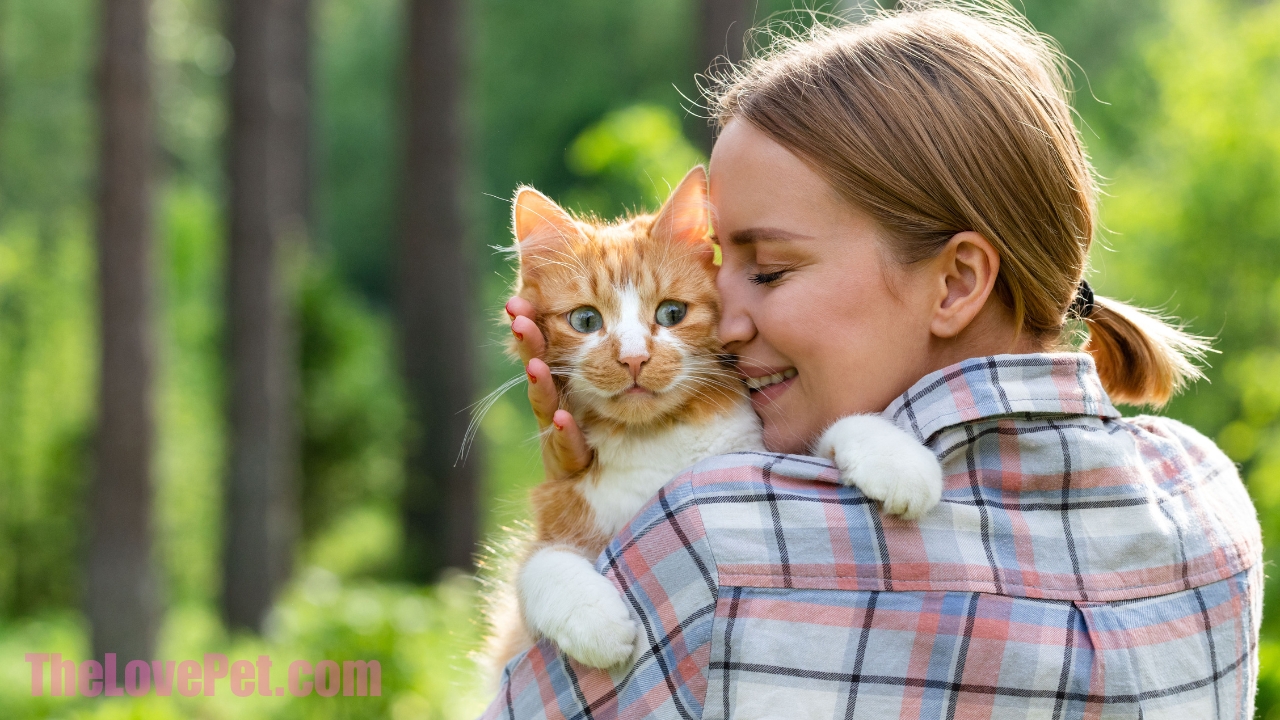A Brief Overview of Raccoons
Raccoons are medium-sized mammals native to North America. They are known for their distinctive black masks and striped tails, and are incredibly intelligent and resourceful animals. In the wild, raccoons are omnivores that eat a variety of foods including insects, rodents, eggs, fruits, seeds, and nuts. They have adapted well to urban environments and are adept at raiding trash cans and gardens for food.
Challenges of Keeping Raccoons as Pets
Wild Nature
Raccoons are wild animals and retain many of their natural instincts and behaviors even if bred in captivity. They are naturally inclined to be nocturnal, forage, and explore their surroundings relentlessly. This makes containing and training them difficult.
Destructive Tendencies
Raccoons are incredibly intelligent but also very mischievous and destructive. They have nimble paws that can open latches, unzip bags, and access nearly any container holding food. They also like to dig and den which can damage household items and furniture.
Aggression
Raccoons can become aggressive, especially during breeding season or if feeling threatened. They will bite and scratch to defend themselves which can cause injury. Their sharp claws and teeth should not be underestimated.
Disease Risks
Raccoons can carry diseases and parasites transmissible to humans including rabies, roundworms, leptospirosis and more. Their feces and saliva can contain dangerous pathogens.
Legality of Keeping Raccoons as Pets
It is illegal to keep raccoons as pets in most areas. States, provinces, and municipalities often have laws prohibiting ownership of wild animals including raccoons without special permits and licenses. Be sure to check all applicable regulations before attempting to own a pet raccoon.
Conclusion
While raccoons are cute and intriguing animals, they do not make good pets for most owners. Their destructive tendencies, aggression, disease risks and wild instincts make them difficult to manage. Furthermore, their legal status as a wild animal makes owning a pet raccoon problematic in many regions. Raccoons are likely best appreciated from a distance in their natural habitats.
Additional Considerations on Keeping Raccoons as Pets
Difficult to Find a Vet
Since raccoons are wild animals, most traditional veterinarians do not have experience treating them or providing proper care. This makes finding medical assistance for pet raccoons very challenging.
Require Large Enclosures
Raccoons are active and inquisitive animals that range widely in the wild. Constraining them to a small cage or enclosure goes against their natural behaviors and tendencies. Responsible ownership requires large, enriched spaces.
Solitary in Captivity
Raccoons do not naturally form social groups beyond mother-offspring units. Housing pet raccoons together often results in fighting and injury. Their independent nature makes them best suited to living solitary lives in captivity.
Odor Issues
Raccoons use smelly latrines and actively scent mark their territory. Even descented and neutered/spayed raccoons can give off odors that many owners find unpleasant in home settings.
Cannot be Housetrained
Despite their intelligence, raccoons cannot be fully housetrained like cats or dogs. Their natural instincts lead them to go to the bathroom wherever they want rather than in designated areas. This results in messes.
#FAQ #Update #AdditionalContent
“Is Keeping a Raccoon as a Pet a Good Idea?”
1. Are raccoons suitable as pets?
2. What are the legal considerations for owning a pet raccoon?
3. What are the ethical considerations of owning a raccoon as a pet?
4. How should you house and feed a pet raccoon?
5. What are the pros and cons of keeping a raccoon as a pet?
**Answers:**
1. Raccoons are generally not suitable as pets due to their high maintenance nature, unpredictability, and potential for damaging property. However, with proper knowledge and time for care, they can be fascinating companions.
2. Owning a pet raccoon depends on the legality in your area. Many places have laws against keeping raccoons as pets, and there are regulations regarding their ownership, including what happens if they escape or harm someone.
3. Ethical considerations for owning a pet raccoon involve providing a suitable environment, a healthy diet, and respecting their wild nature. Spending time around raccoons in wildlife rehabilitation or with exotic veterinary practices is recommended.
4. Housing a pet raccoon requires a raccoon-proofed environment inside your home and, ideally, a secure outdoor enclosure. Their diet should include a varied selection of foods, and clean water should always be available. Regular vet visits are crucial.
5. Pros of having a pet raccoon include their intelligence and playfulness, but they require a lot of space, supervision, and can be active at night. Cons include their potential to damage property and the difficulty of providing a suitable environment.
You can find the full post here
#FAQ #Update #AdditionalContent
“Are Raccoons Suitable as Pets?”
1. Are raccoons good pets, and why or why not?
2. What are the challenges of owning a pet raccoon?
3. What are the risks and safety concerns associated with pet raccoons?
4. How can you find a pet raccoon, and what is the care routine for them?
5. What should you consider before deciding to adopt a raccoon as a pet?
**Answers:**
1. Raccoons do not make ideal pets because they are not domesticated animals, and they can be challenging to care for due to their intelligence and wild nature.
2. Owning a pet raccoon comes with challenges, including their intelligence, agility, and the fact that they are legal in only 16 states. They require constant supervision and a safe enclosure.
3. Pet raccoons pose safety concerns, as they can carry diseases like rabies and parasites that can affect humans and other pets. They can also be more aggressive than traditional pets.
4. To adopt a pet raccoon, you must find a reputable breeder, as taking them from the wild is illegal. Raccoons need socialization from birth and an enclosed space to roam when not supervised. They can be litter trained and require a diverse diet.
5. Before deciding to adopt a raccoon as a pet, consider the challenges, safety risks, and the need for a suitable enclosure and diet. Ensure you find a responsible breeder and are prepared for the unique demands of raccoon ownership.
You can find the full post here
#FAQ #Update #AdditionalContent
“Considering a Pet Raccoon: What You Need to Know”
1. Are raccoons suitable as pets, and why or why not?
2. Is it legal to have a pet raccoon, and what are the regulations surrounding their ownership?
3. What are the challenges and problems associated with keeping raccoons as pets?
4. What health risks do pet raccoons pose, and how difficult is it to find veterinary care for them?
5. What are the complex regulations and requirements for owning a pet raccoon in states where it is legal?
**Answers:**
1. Raccoons generally do not make good pets because they are wild animals with unpredictable behavior, even when domesticated. They can be friendly but can also become aggressive suddenly.
2. The legality of having a pet raccoon varies by state. In Utah, for example, it is illegal to hold raccoons in captivity without specific permits. Currently, only 16 states allow pet raccoons, each with its own regulations.
3. Pet raccoons present various challenges, including their inability to be fully domesticated, their potential for aggression, difficulty in training, the need for extensive space, and their messy behavior.
4. Raccoons are known carriers of diseases and parasites, including rabies, salmonella, and roundworm. Finding veterinary care for them can be difficult and expensive, and there’s a risk of euthanization if they harm someone.
5. Complex regulations govern the ownership of pet raccoons in states where they are legal. Individuals must find reputable raccoon breeders and adhere to state-specific rules and permitting requirements.
You can find the full post here









